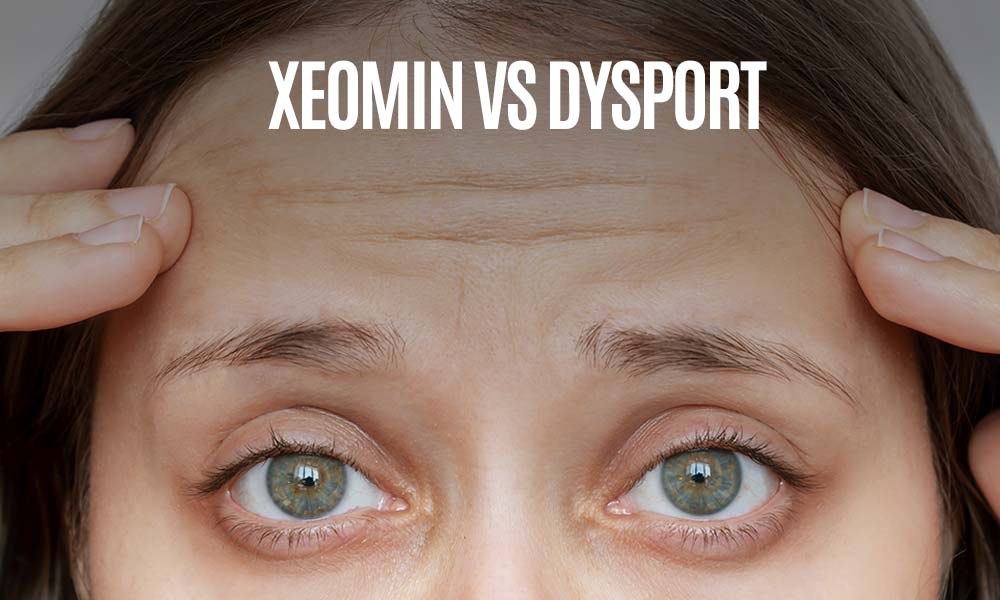
Home /
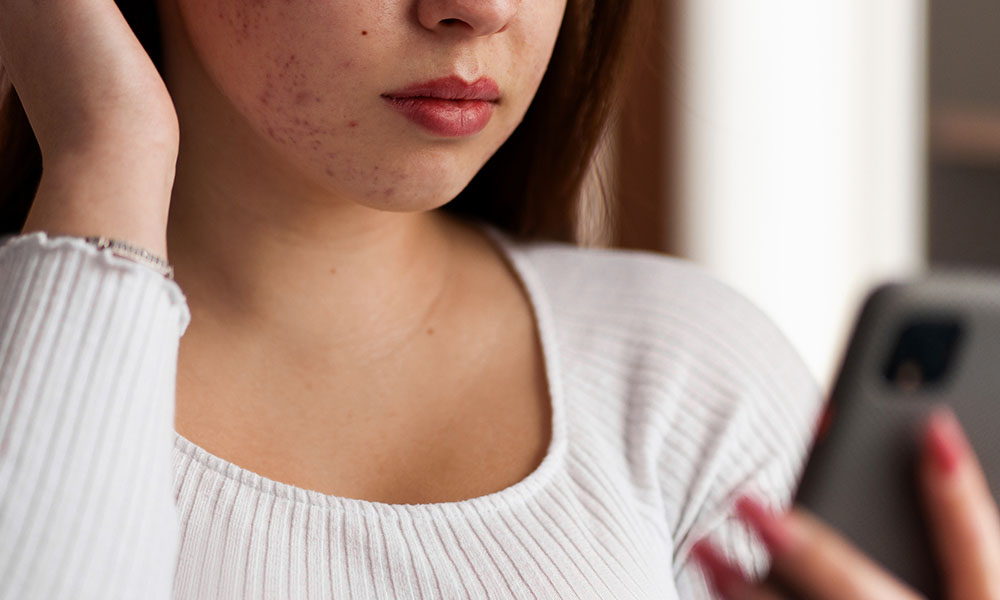
Let’s face it: hormonal acne isn’t just about bad skin days; it’s about frustration, discomfort, and a dip in confidence.
You’ve tried all the trendy products and miracle fixes, but those pesky breakouts keep popping up. Sound familiar?
You’re not alone. Hormonal acne is a common foe, but understanding its triggers and embracing the right solutions can help you take control.
Let’s break down how to get rid of hormonal acne with smart skincare and lifestyle tweaks.
Hormonal acne is a specific type of acne triggered by fluctuations in hormone levels, most commonly androgens such as testosterone.
These hormones increase sebum (oil) production, which, when combined with dead skin cells and bacteria, clogs pores and causes inflammation. Hormonal acne isn’t limited to teenagers. It’s a common issue for adults as well, particularly women experiencing hormonal changes.
Hormonal acne often emerges during times of hormonal surges or imbalances, such as:
Hormonal acne can affect anyone, but it’s particularly prevalent among adult women due to menstrual cycles, pregnancy, or menopause. However, men experiencing hormonal changes or imbalances can also develop hormonal acne.
Understanding the underlying cause of hormonal acne is key to managing it effectively and finding a treatment plan that works for you.
Start with a cleanser containing salicylic acid or benzoyl peroxide. These ingredients help unclog pores and fight bacteria without overly drying your skin. Look for gentle formulas that respect your skin’s barrier.
Retinoids are vitamin A derivatives that promote cell turnover, helping to prevent clogged pores and reduce inflammation. Prescription-strength retinoids may be necessary for severe cases.
Even if your skin feels oily, it needs hydration. Choose non-comedogenic moisturizers with calming ingredients like ceramides or hyaluronic acid.
Hormonal acne can lead to hyperpigmentation, especially if you don’t protect your skin from UV rays. Use a lightweight, oil-free sunscreen every day.
Got a big breakout brewing? Try a sulfur-based spot treatment to reduce inflammation and speed up healing.
What you eat plays a significant role in hormonal balance. Focus on:
Avoid processed foods and excessive sugar, which can spike insulin and worsen acne.
Chronic stress increases cortisol, which can lead to more breakouts. Incorporate activities like yoga, meditation, or even just a 10-minute walk into your daily routine.
Poor sleep disrupts hormone regulation. Aim for 7–9 hours of restful sleep every night.
Regular exercise can balance hormones, but sweating without cleaning your skin afterward may lead to clogged pores. Always wash your face post-workout.
If over-the-counter solutions and lifestyle changes aren’t cutting it, consider these professional options:
Professional peels with salicylic or glycolic acid can reduce acne severity and lighten scars.
This treatment stimulates collagen production, improving both active acne and residual scarring.
Laser treatments target bacteria and reduce inflammation, offering longer-lasting results.
Hormonal acne doesn’t have to dictate how you feel about your skin or yourself. By combining effective skincare with smart lifestyle changes, you can take charge and see real improvements. For personalized, professional care tailored to your needs, visit Forever Young Medispa.
Don’t wait to start your journey toward healthier, clearer skin. Because when your skin thrives, so do you!
Hormonal fluctuations, especially a drop in estrogen and progesterone, trigger increased oil production, leading to breakouts.
Yes, foods high in sugar and dairy can worsen hormonal acne for some people. A balanced, nutrient-rich diet helps maintain hormonal stability.
Some natural remedies like tea tree oil or green tea extract may help, but they’re often not as effective as proven treatments.
It depends on the severity, but most treatments take 4–12 weeks to show noticeable improvements.
Absolutely. Men can experience hormonal acne during puberty or due to hormonal imbalances later in life.

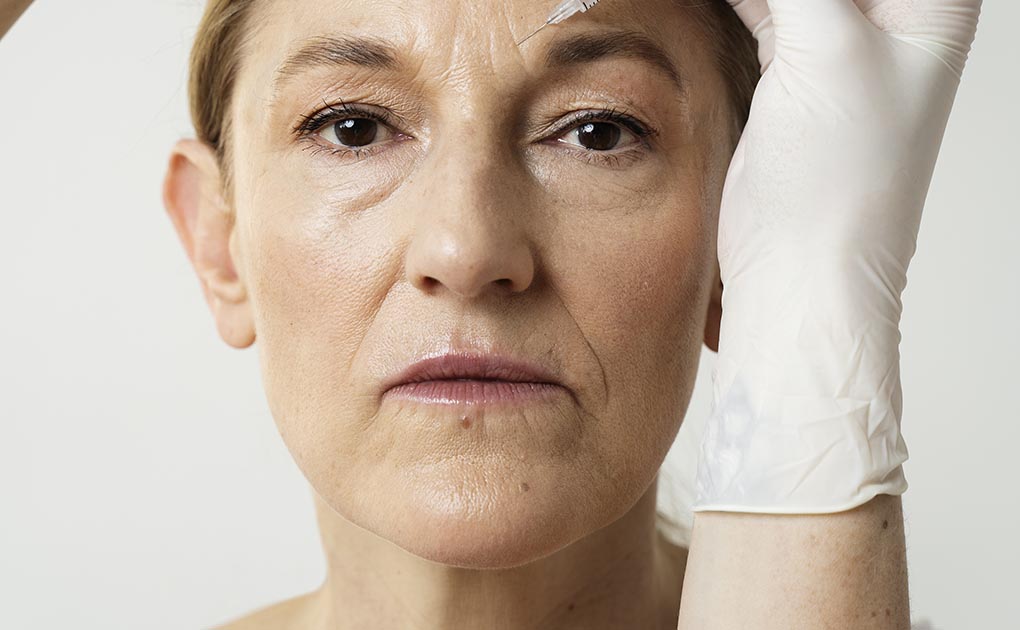
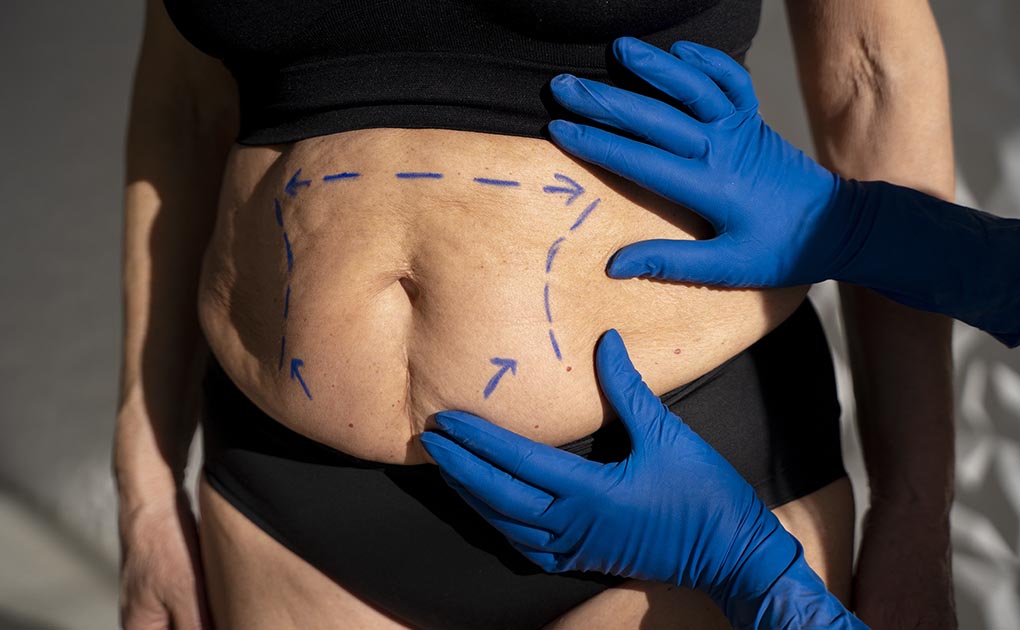
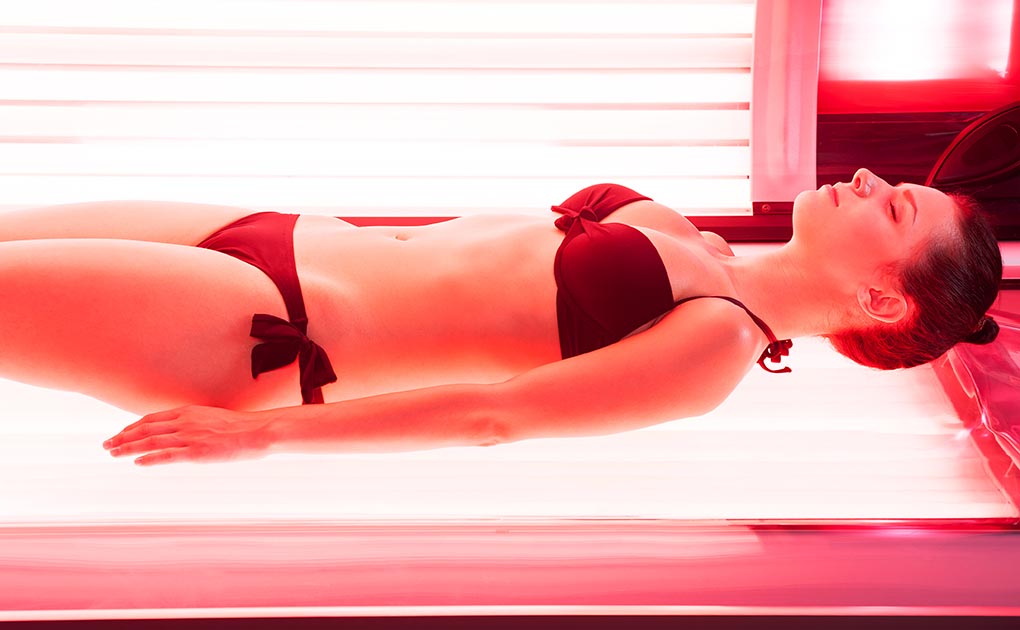
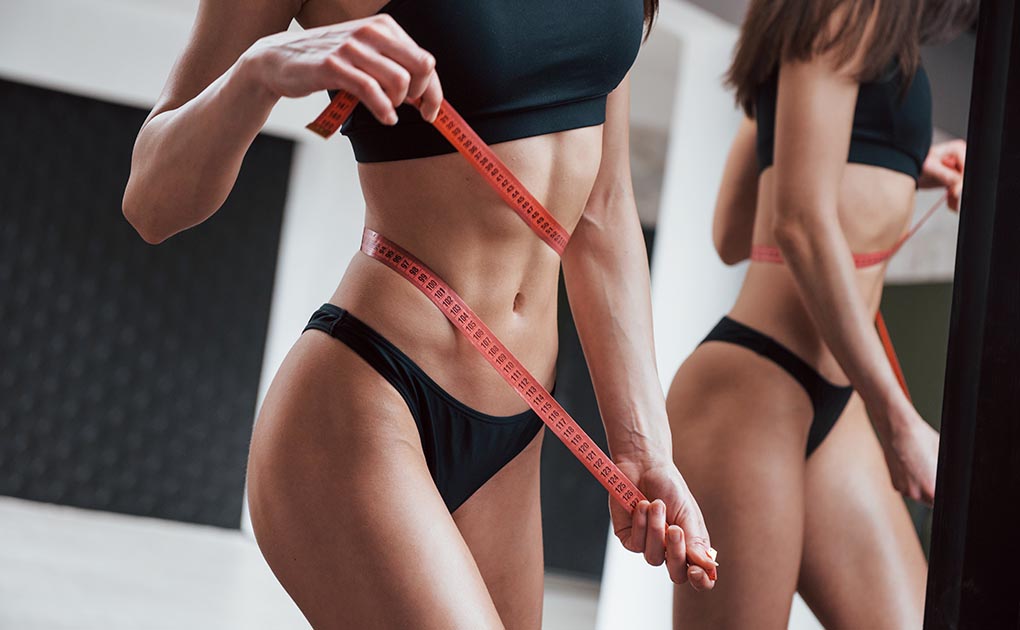
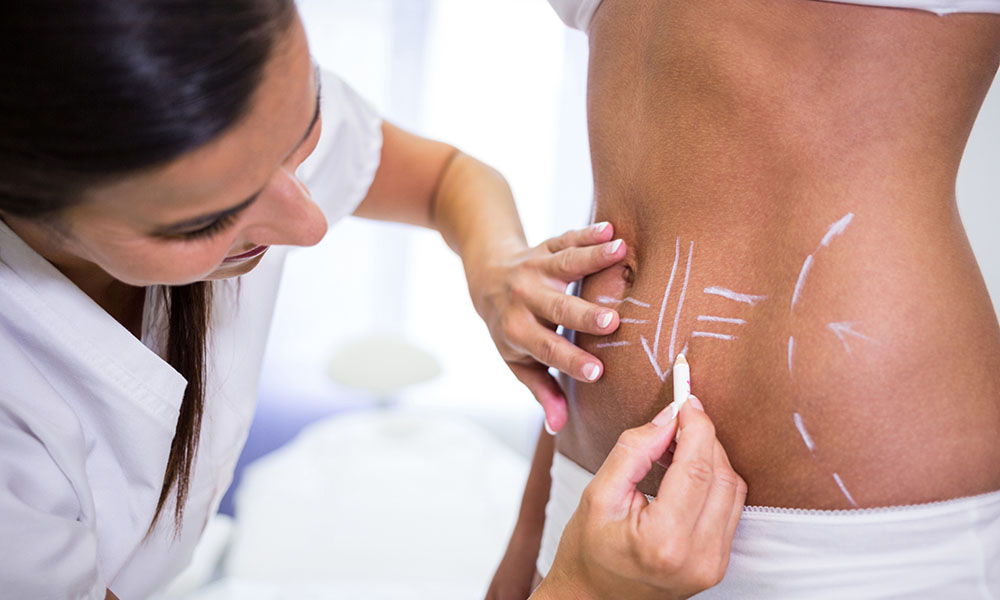
Join our email list for new treatment updates, promotions, special events + more!